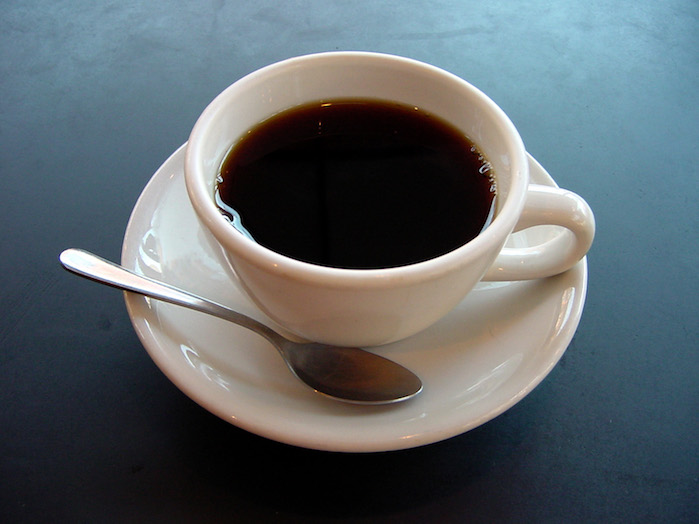
Caffeine is known for its effects as a stimulant, boosting levels of alertness and concentration. However, new American research suggests that caffeine may no longer be beneficial after three nights of just five hours’ sleep. The study was presented June 14 at the 30th Anniversary Meeting of the Associated Professional Sleep Societies in Denver, Colorado, USA.
Grabbing a coffee is a familiar reflex for many people when they feel sleep deprived, tired or overrun. And, the more tired we feel, the more likely we are to up our consumption.
New research, published June 14 in the journal of the American Academy of Sleep Medicine, could call into question coffee’s famous reputation as an effective pick-me-up in certain situations.
In fact, the scientists found that after three nights of just five hours’ sleep, continuing to drink coffee had little or no benefit.
The researchers were surprised to find that the benefits brought by two 200mg doses of caffeine per day were lost after three nights of restricted sleep.
They studied a group of 48 healthy individuals, restricting their sleep to five hours per night for a total of five days. Some were given 200mg of caffeine per day and others were given a placebo.
While awake, the participants were given a series of cognitive tasks every hour to monitor their alertness and mood.
The scientists found that caffeine significantly improved participants’ performance during the first two days, but not during the last three days of sleep restriction.
The research was presented Tuesday, June 14, at SLEEP 2016, the 30th Anniversary Meeting of the Associated Professional Sleep Societies in Denver, USA.
European Food Safety Authority (EFSA) guidelines recommend a daily caffeine intake of no more than 400 milligrams for adults, which is equivalent to just over four espressos.





Be the first to comment